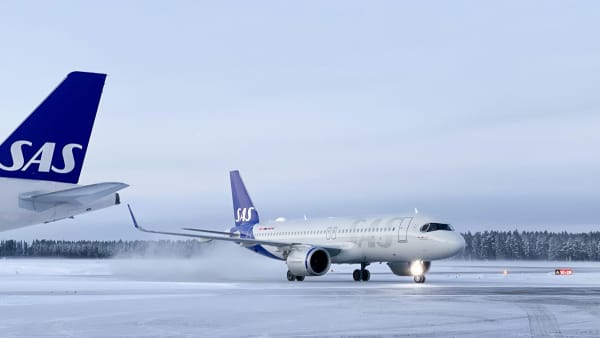How to Approach Salary Negotiations in Aviation Jobs
In an industry as complex and diverse as aviation, understanding the nuances of salary negotiations is crucial. Frequently, the aviation sector displays a wide pay scale based on the multitude of roles, the region, and many other unique factors. So, whether you're a pilot, an aircraft engineer, or an aviation manager, the question remains - how should you best negotiate your salary in aviation jobs? Here's a detailed guide to help you navigate salary negotiations.
Understand the Industry First
Knowing the industry standards is a fundamental part of successful salary negotiation in aviation:
- Be Aware of Market Rates: Researching the average pay for similar aviation roles within your region will naturally be your first step. Information for such data can be often found on aviation-specific job sites or general salary surveying tools.
- Understand Experience and Qualifications Impact: Remember, your qualifications and experience can significantly affect your base salary. For example, a new pilot might start at a lower wage than a pilot with more flight hours or advanced certifications.
- Recognize Regional and Global Differences: Salaries in the aviation industry can vary significantly based on location. For instance, an aircraft engineer may see higher compensation working in the US or Europe compared to other global regions. Be aware of these discrepancies when negotiating.
Know Your Worth and Value
Ensure you are in a position of strength when it comes to salary negotiations in aviation jobs:
- Highlight Your Experience: A lot of aviation roles rely heavily on experience. Whether it's the number of flight hours you have logged as a pilot or the number of engines you have repaired as an aircraft mechanic, this experience matters. Be sure to emphasize it during negotiations.
- Point out Your Certifications: As with most industries, additional qualifications or certifications bolster your negotiating power in aviation. Perhaps you have a master's degree in aerospace engineering or you hold a type-rating which qualifies you to fly a specific aircraft type. These qualifications add to your value and should be accounted for in your compensation.
Negotiating Tactics for Aviation Jobs
When it comes to the phase of negotiation, follow these strategies:
- Start with a Range: Start the discussion by providing a salary range based on your research, qualifications, experience, and the industry average. By doing so, you're able to negotiate without being stuck at a specific figure.
- Consider Other Perks: Don’t forget about benefits and perks! The aviation industry often provides benefits beyond salary, such as travel privileges, quality healthcare, pension schemes, and more. If the proposed salary doesn't measure up to your expectations, you can always negotiate these extras.
- Be Confident but Flexible: Stand strong in your value, but always recognize the negotiation as a two-way process. Reaching a compromise is often the best way towards a successful outcome.
After the Negotiation Process
Once you've navigated the negotiation process, there are still a few points to consider:
- Written Confirmation: Always ensure any salary or benefits agreed upon are put into writing. This avoids any potential misunderstandings down the line.
- Periodic Reviews: Most aviation companies conduct regular reviews that often include a discussion about pay. This review could be your chance to negotiate for a higher salary, especially if you have increased your experience, obtained new qualifications, or improved your performance.
Final Thoughts
The process of salary negotiations in aviation jobs can feel like an art. However, with careful preparation, understanding your value, utilizing effective negotiation strategies, and ensuring due diligence after the process, you're likely to secure a satisfying outcome. Remember, negotiation is not just about the salary alone—consider the complete package with other associated benefits, from healthcare to retirement plans and more. Be confident and show why you merit the compensation you're seeking!
Remember, "aviation is proof that given the will, we have the capacity to achieve the impossible." Now, take charge, and achieve that ideal salary negotiation outcome in your aviation job!




